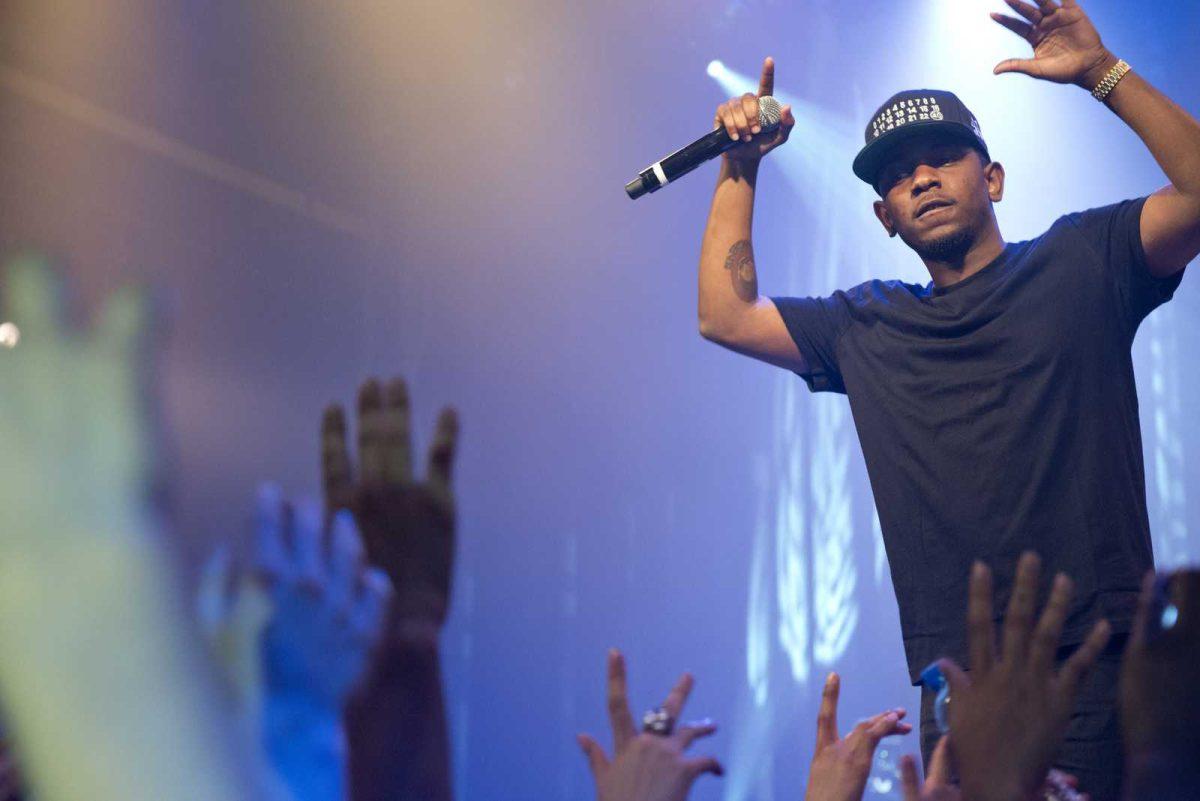John Legend released a new track called “In America” on March 22 for WGN’s “Underground,” a new TV series chronicling the struggles of slaves in the antebellum period. In his song, Legend talks about the harsh reality many black Americans face and provides an optimistic outlook for those struggling to reach the American dream.
Protest music in the United States dates back to the 18th century and has been used to raise awareness and bring people together on social issues. From songs promoting the abolition of slavery to ending the Vietnam War, music with political influence provides the everyday American with an opportunity to have a voice.
Our generation lacks the wide range of protest anthems needed in our current political climate. Billy Bragg , a singer known for his political music in the U.K., thinks the availability of social media is to blame for the shortage in protest music.
“When I was 19 and felt angry, I had to learn to play guitar, write songs and do gigs; that was the only opportunity to have my voice heard,” Bragg told Billboard. “Now if you’re 19 and you’re angry, you can do everything from stir up a Twitter-storm to make a film and edit it on your iPhone. So music no longer has that role that has everybody’s attention.”
Though people are still making their voices heard, the world is in great need of songs that speak out against the wrongdoings of those in power. America and many other countries are going down a frightening road, and music is a simplistic way to make important political statements.
Most mainstream protest music comes from the black community with musicians like Kendrick Lamar , Common and Beyoncé. They have produced music with a political message, oftentimes about racism and police brutality, and they have brought it to popular stages like the Grammy Awards or the Super Bowl.
The biggest failure in protest music right now comes from the white community. Though a lot of historically famous protest music comes from straight white men, the “silent majority” is really keeping silent when it comes to standing up against corrupt politics.
White musicians like John Lennon “changed the world” by sending out peaceful messages with unifying lyrics. Lennon may have told the world to “give peace a chance” and to imagine a world without war and hatred , but it is easy for the privileged to preach world peace when they are not the ones facing the most struggle. Today’s protest music should talk about bringing people together without ignoring corruption because it is better to fight against evil than to try and hold its hand.
In Bob Dylan’s famous song, “The Times They Are A-Changin’,” he speaks about leaving those in the past behind. We are in a new generation, and though there is little place for the old-time songs of peace, it is important that we bring protest music into modern life and make it fit into today’s brand of politics.
Lynne Bunch is an 18-year-old mass communication freshman from Terrytown, Louisiana.
Opinion: Protest music provides outlet for voiceless people
By Lynne Bunch
March 26, 2017
Kendrick Lamar’s latest single, “HUMBLE.,” debuted at No. 2 on the Billboard Hot 100 chart.





